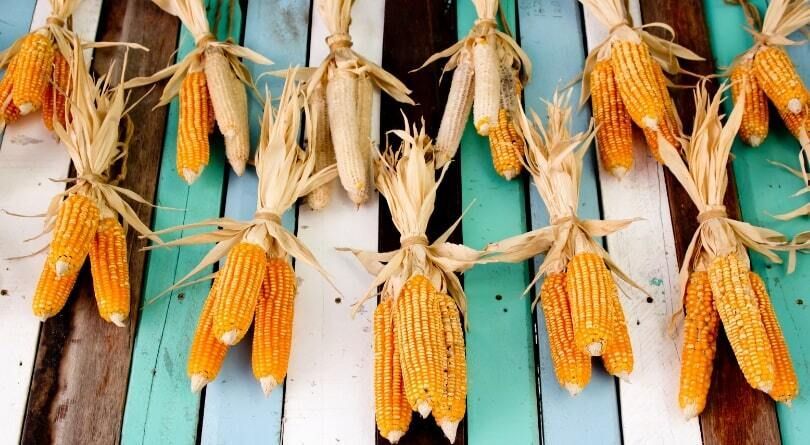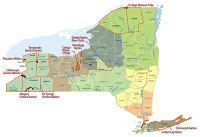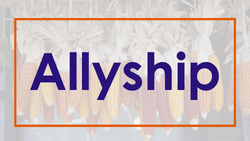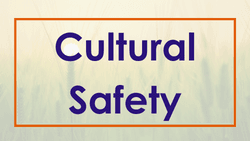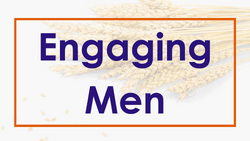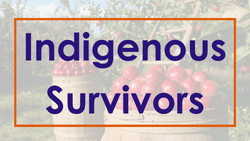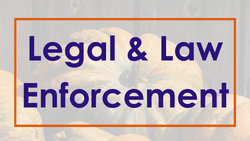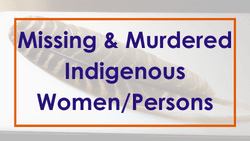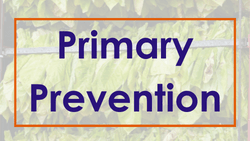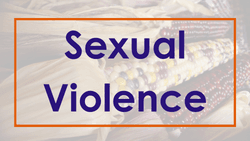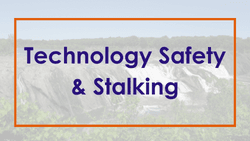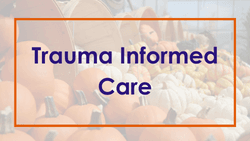"An NIJ-funded study shows that American Indian and Alaska Native women and men suffer violence at alarmingly high rates."
- National Institute of Justice
Domestic and intimate partner violence occurs in all communities. However, various causes can affect the level, intensity, and prevalence of violence. Studies indicate that violence against women—including domestic abuse and sexual assault—is higher among Native American communities.
In all communities, it is possible to intervene in domestic violence situations early on, and even prevent them from happening in the first place. The New York State Coalition Against Domestic Violence (NYSCADV) aims to support and facilitate the path to domestic violence prevention. NYSCADV’s Domestic Violence and Indigenous Peoples Project, provides training, listening sessions, and resources related to Indigenous Peoples for domestic violence service provider programs of New York State. This resource collection contains research, best practices, articles, and resources for advocates and domestic violence survivors.
-
This section includes the locations of all recognized Indigenous Nations and Territories across New York State.
-
To end domestic violence in all its forms, we must understand the historical context of why it exists in Native communities today. In this section, you will find a selection of items that highlight the history and issues impacting Indigenous people and how the issues are being addressed today.
Find Help
The State And National Domestic Violence Hotline Numbers Are:
StrongHearts National Native Helpline M-F from 10 am to 6:30 pm 1-844-7NATIVE (1-844-762-8483)
Three Sisters Program: Saint Regis Mohawk Tribe 24 Hour hotline 1-855-374-7837
New York State Domestic Violence 24 Hour Hotline (English & español/Multi-language accessibility) 1-800-942-6906 or 711 for Deaf or Hard of Hearing
National Domestic Violence 24 Hour Hotline 1-800-799-7233 or 1-800-787-3224 (TTY)
National Deaf Hotline Videophone 9am-5pm M-F 1-855-812-1001 or deafhelp@thehotline.org

